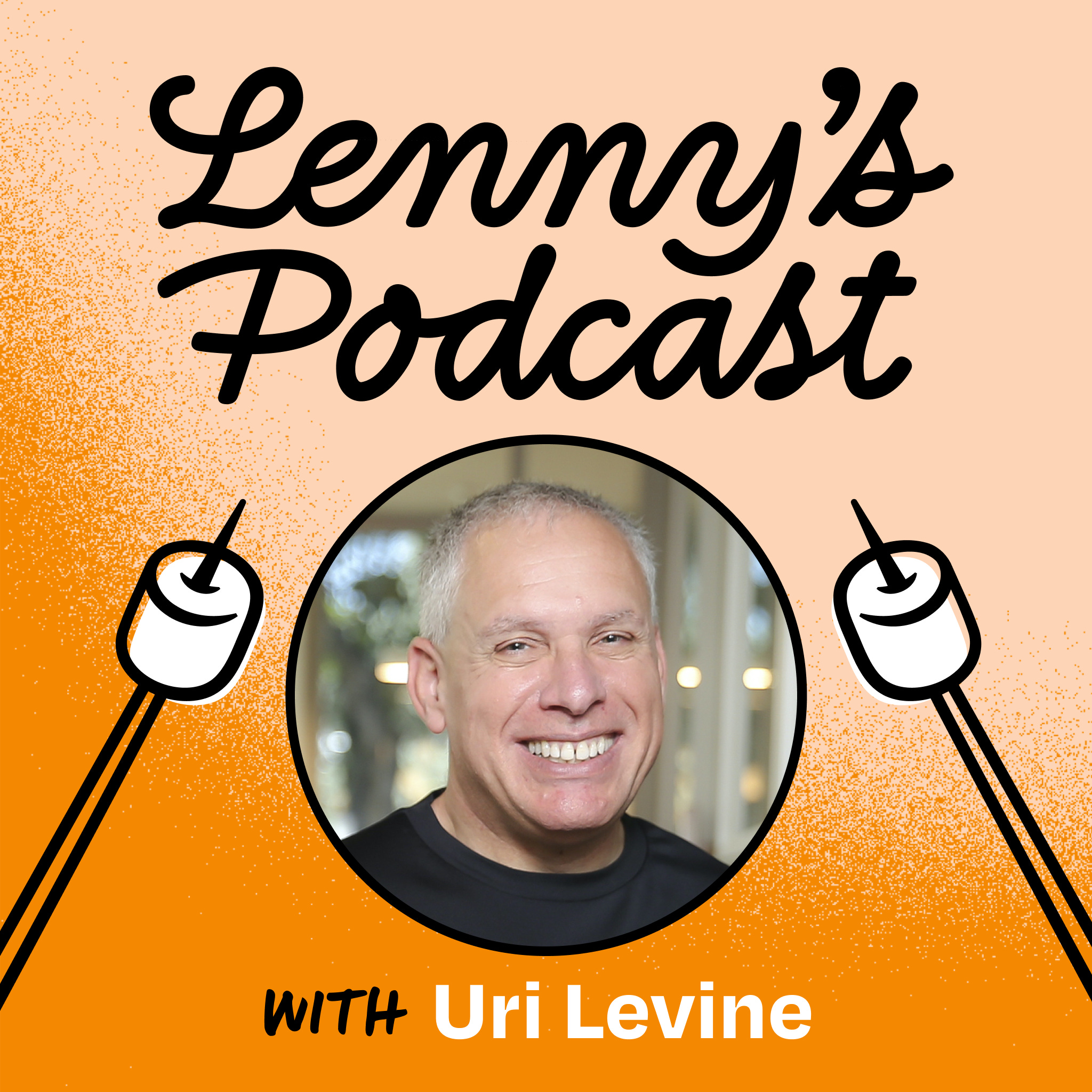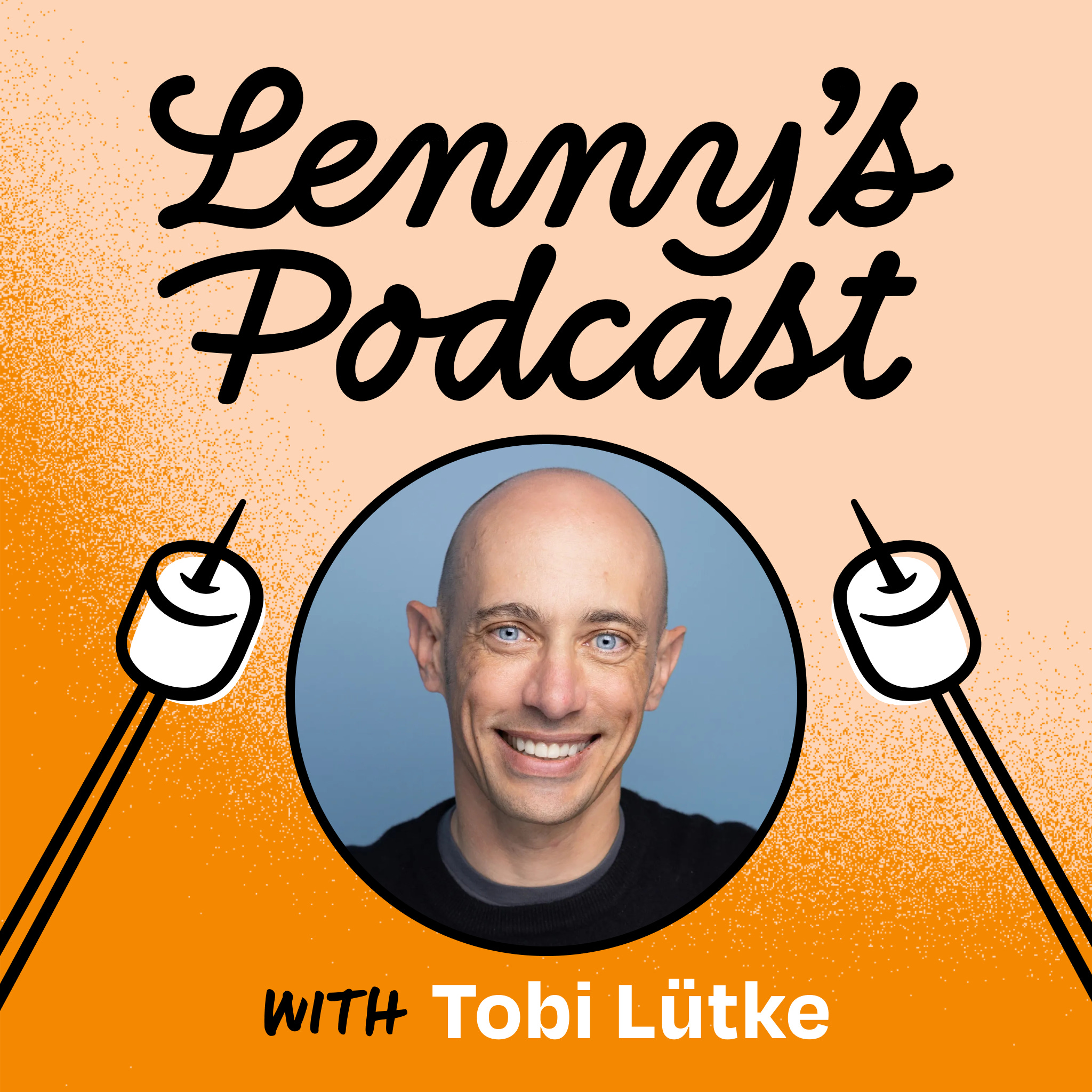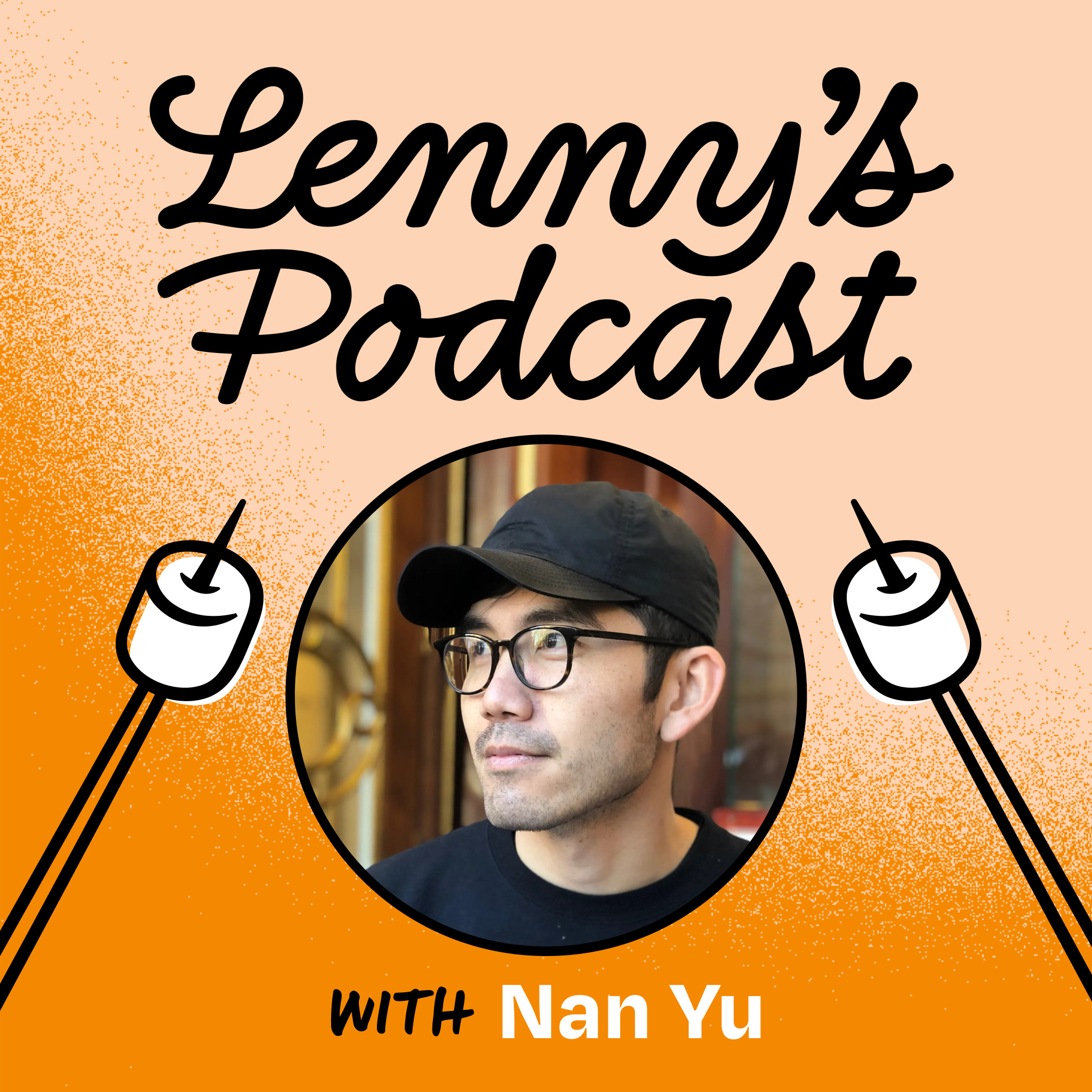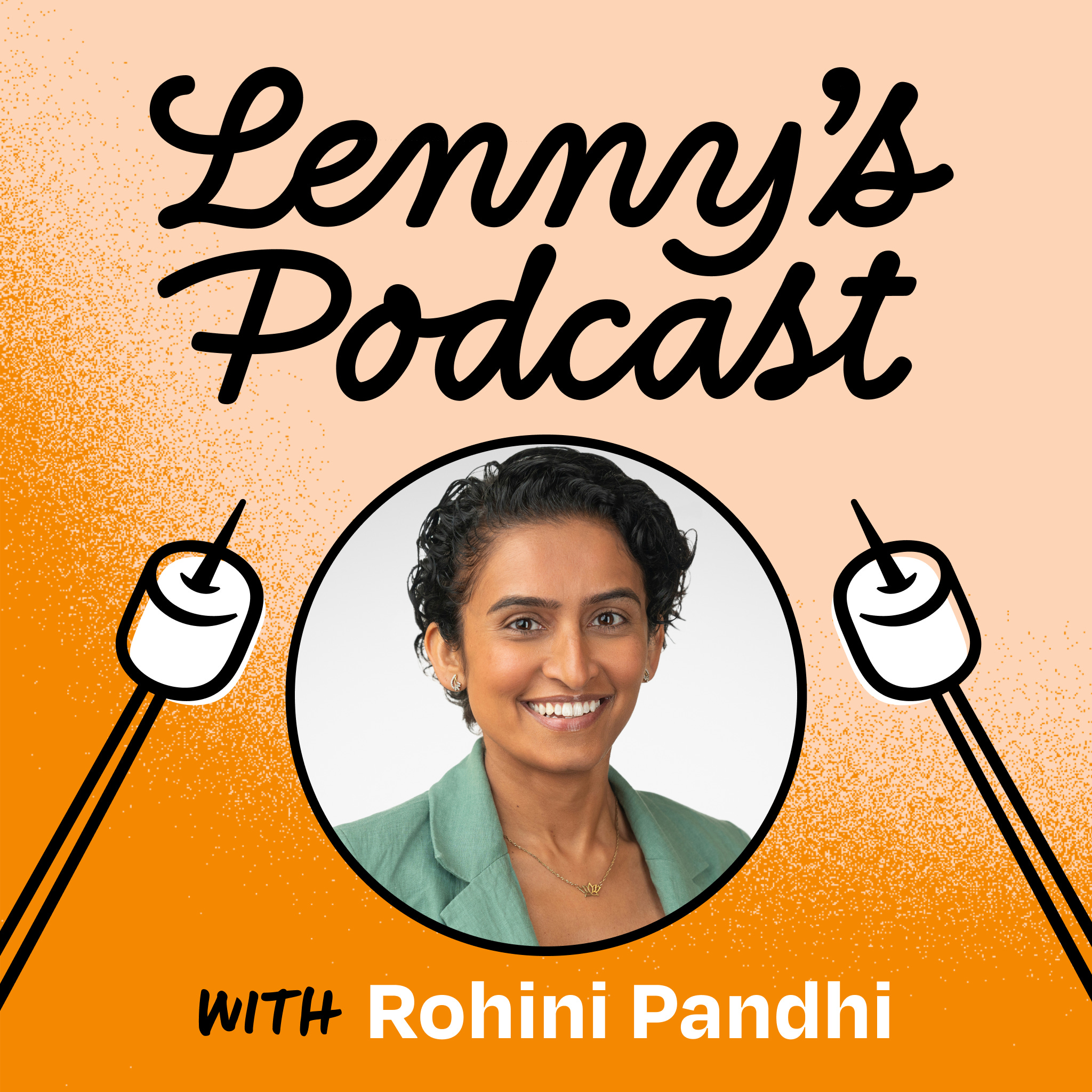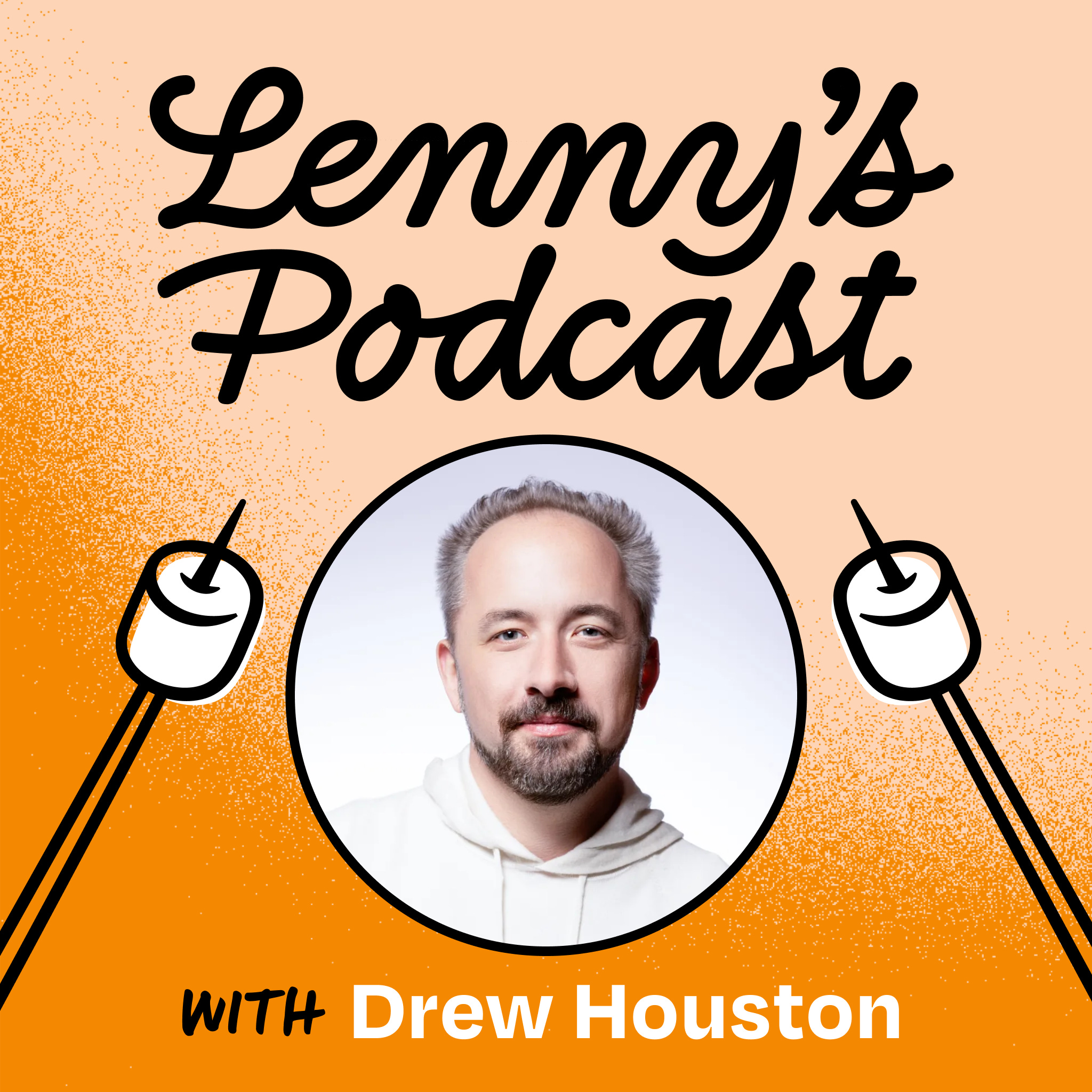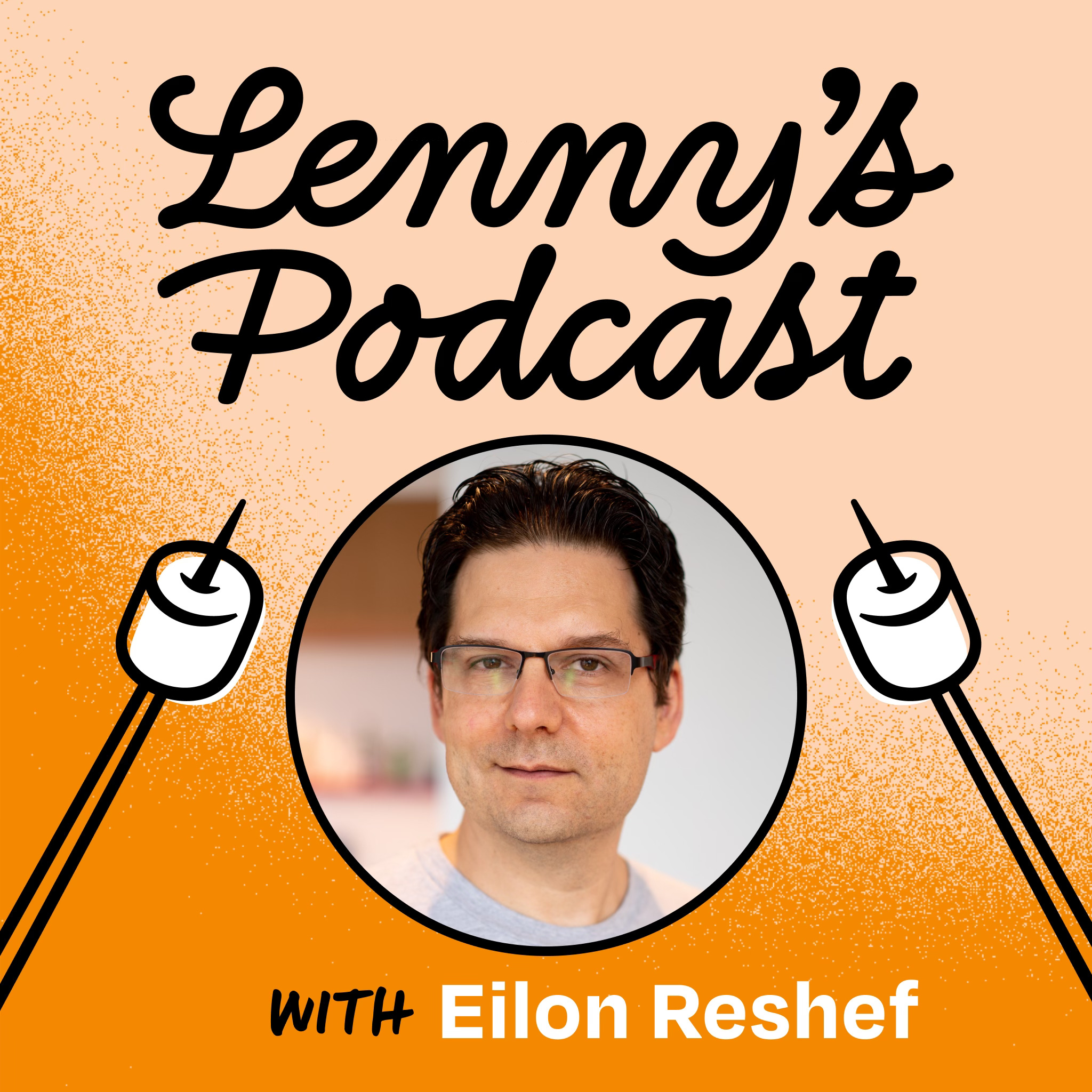
January 16, 2025 • 1hr 12min
How to break out of autopilot and create the life you want | Graham Weaver (Stanford GSB professor, founder of Alpine Investors)
Lenny's Podcast: Product | Growth | Career
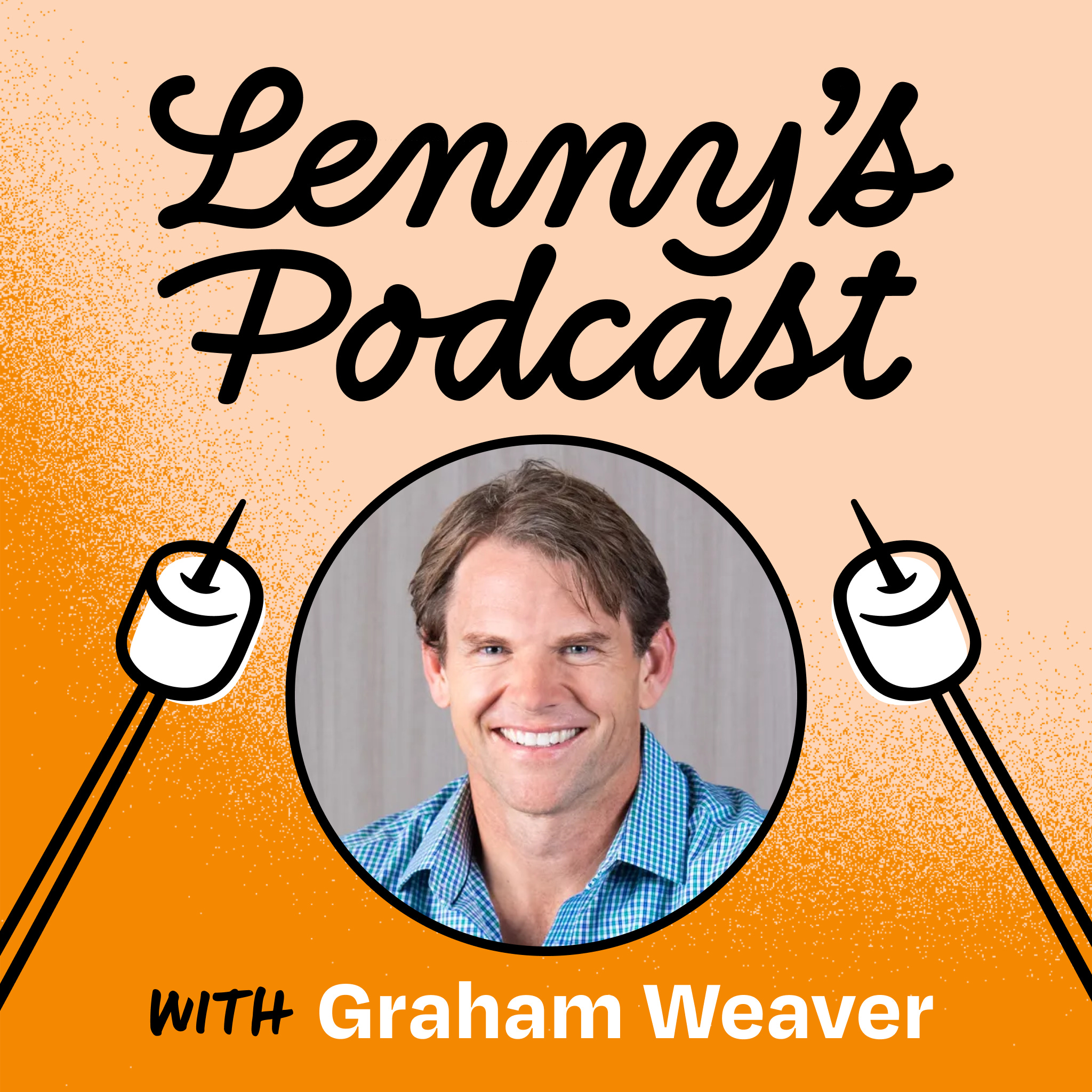
Key Takeaways
- The Genie Framework - Ask yourself what you would do if you had a genie guarantee that whatever path you choose would work out well in the long run
- Breaking Free from Autopilot - Most people operate unconsciously on autopilot without intentionally designing their life path
- Everything Worthwhile Takes Time - Success typically takes much longer than expected (often 10+ years) and requires persistence through difficulties
- Internal vs External Journey - True fulfillment comes from the internal journey rather than external achievements
- Accountability is Critical - Having accountability structures (coaches, partners, daily practices) dramatically increases follow-through
Introduction
Graham Weaver is the founder and CEO of Alpine Investors, one of the top-performing private equity firms in the world, and teaches a highly-rated course at Stanford Graduate School of Business. While his course is technically about "Managing Growing Enterprises," he ends up primarily helping students figure out what to do with their lives and how to get out of autopilot mode. This episode explores frameworks and practical exercises for discovering your true path and building an intentional life.
Topics Discussed
The Genie Framework for Finding Your Path (00:10)
Graham shares his powerful "Genie Framework" thought experiment for helping people discover their true path:
- Imagine a genie appears and says "Whatever you throw yourself into with your whole life and career, it's going to turn out great"
- The path may take longer and be harder than expected, but you'll be happy you pursued it
- Your answer reveals what you would do absent fear of failure
- This helps identify your authentic direction versus what you think you "should" do
Breaking Free from Autopilot Mode (12:37)
Graham explains how most people operate unconsciously on autopilot without intentional direction:
- Typical autopilot day: Wake up, commute, meetings, email, traffic, dinner, bed - all without conscious intention
- 95-98% of thoughts are subconscious, programmed by media, friends, parents, society
- Breaking free requires:
- Creating space for reflection
- Asking deep questions about what you truly want
- Aligning calendar and actions with intentions
Identifying and Overcoming Limiting Beliefs (17:54)
Graham discusses how to recognize and move past limiting beliefs that hold us back:
- Limiting beliefs are most dangerous when subconscious and unexamined
- Key practice: Write down all limiting beliefs to strip them of power
- Transform fears into action items - e.g. "How will I fund this?" becomes a practical planning exercise
- Remember you've already overcome countless obstacles in life
The Long Game of Success (22:54)
Graham emphasizes that meaningful success typically takes much longer than expected:
- Took 14 years until confident his firm would stay in business
- 18 years until considered highly successful by external standards
- Of 600+ companies invested in, none achieved quick success
- Time is the critical variable - must be willing to persist for decades
Choosing What to Suffer For (30:26)
Graham shares his philosophy on suffering and meaningful work:
- "Life is suffering, so choose something worth suffering for"
- "Everything you want is on the other side of worse first"
- You'll suffer either way - might as well suffer for something meaningful
- The first step toward any meaningful change is usually negative/difficult
Creating Accountability (36:48)
Graham discusses the critical importance of accountability structures:
- Executive coaching - Like a personal trainer for your life/career
- Accountability partners - Regular check-ins with like-minded friends
- Daily practices - Writing down goals and action steps
- Talking activates different brain regions than just thinking/writing
The Nine Lives Exercise (43:11)
Graham explains his "Nine Lives" framework for exploring different life possibilities:
- Write out 9 different possible life paths starting from today
- All paths must be genuinely exciting to you
- Helps identify energy/excitement patterns
- Can incorporate elements of different "lives" into current path
- Most people can actually experience multiple "lives" over time
The Danger of "Not Now" (47:20)
Graham warns about the risks of perpetually postponing meaningful changes:
- "Not now" often becomes "not ever"
- There's never a perfect time - some uncertainty is normal
- Focus on what needs to be true to launch rather than waiting for perfect conditions
- Most obstacles (like funding) are solvable problems rather than permanent barriers
The Internal Game of Life (49:51)
Graham shares insights about the internal nature of fulfillment:
- External achievements don't create lasting satisfaction
- Most of life is internal - the stories we tell ourselves
- True game is examining/rewriting limiting stories and beliefs
- External success without internal work leads to emptiness
Knowing When to Quit (1:00:24)
Graham provides guidance on when to persist vs quit:
- Quit when you no longer believe in or feel excited by the vision
- Look for "bright spots" - small wins to build upon
- Scale what works rather than forcing what doesn't
- Persistence through difficulty is different than forcing a failed direction
Conclusion
The conversation emphasizes the importance of breaking free from autopilot mode to design an intentional life path. Key themes include:
- Using frameworks like the Genie Method to identify authentic direction
- Creating accountability structures to support meaningful change
- Understanding that worthwhile achievements take longer than expected
- Focusing on internal growth rather than external validation
- Taking action despite imperfect conditions
Graham's insights combine philosophical depth with practical frameworks, offering valuable guidance for anyone seeking to live with greater intention and pursue meaningful work.
